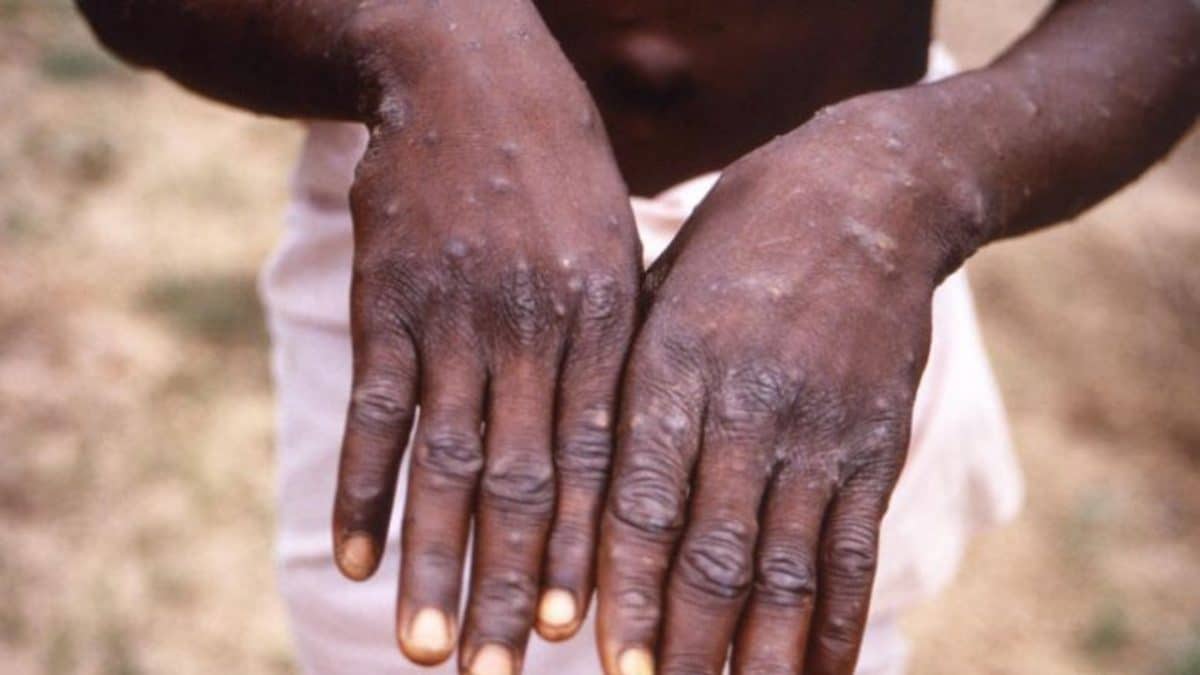No fewer than 18 cases of monkey pox has been reported in Akwa Ibom, and and one was already confirmed.
The state’s Health Commissioner Dominic Ukpong disclosed this on Friday in a press briefing following the outbreak of monkey pox disease in Mkpat Enin Local Government Area of the State.
According to him, the results of five cases were still being awaited and that the 18 cases all reside within three communities of Ikot Akpaden, Ikot Enin and Ndon in Mkpat Enin LGA.
The Commissioner said since the outbreak of the disease, his ministry through its public health department has activated its infectious control procedure to prevent the epidemic and confine it to the affected local government.
He added that Akwa Ibom was at the risk of contracting new cases because the disease was present in the neighbouring states.
“In Nigeria, as at October 24th, 93 suspected cases have been reported, 43 confirmed, only one death reported, and that was in Lagos state.
“Although 10 states are affected: Lagos, Bayelsa, Delta, Cross River, Akwa Ibom, Rivers, Imo, Enugu and Anambra states with a total number of 93 cases in the country, 59% are from two states: Delta, (28%), and Lagos (26%).
“Since the beginning of the outbreak in 2017, 176 confirmed cases were reported and nine deaths before the outbreak of this year.
“Monkey pox is a rare viral zoonotic infections, that is, an infection transmitted from animals to humans, that occurs sporadically, primarily in remote villages in Central and West Africa, near tropical forests. It is caused by monkey pox viruses which also cause small pox and cow pox.
“Case fatality in outbreak has been between 1% and 10%, with most deaths occurring in younger age groups.”
He advised the people to avoid contact with animals that could harbour the virus, including sick or dead animals in areas where monkey pox cases had occurred.
He also called on the people to avoid contact with any material that had been in contact with a sick animal, and to isolate potentially infected animal from other animals.

 Business6 days ago
Business6 days ago
 Business6 days ago
Business6 days ago
 Education6 days ago
Education6 days ago
 Crime6 days ago
Crime6 days ago
 Covid-196 days ago
Covid-196 days ago
 Business6 days ago
Business6 days ago
 Latest4 days ago
Latest4 days ago
 Featured1 week ago
Featured1 week ago

